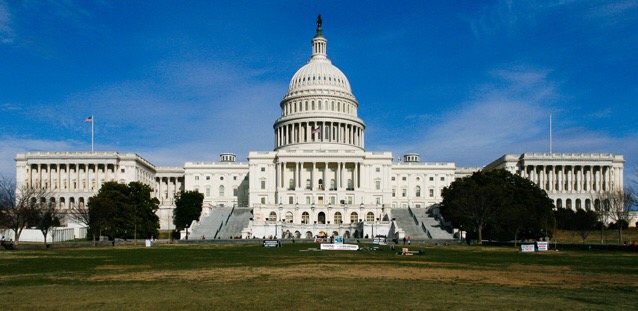Today in the United States is the Midterms, all 435 seats in the United States House of Representatives and 33 of the 100 seats in the United States Senate will be contested; along with 38 state and territorial governorships, 46 state legislatures (except Louisiana, Mississippi, New Jersey and Virginia).
The naming of the elections as “midterm” makes it seem like is have less weight than those representatives who are elected at the same time as a President, while they are just as important.
Currently this Congress has received, at one point, an opinion rating of just 3%. This means more than 95% of Americans polled felt that their representatives were not getting on with their job.
This is an opportunity to change that, the results of this outcome can determine the laws and effectiveness of the last years of the Obama Presidency and shape the issues which will frame the elections of the next resident of the White House.
But outside of the big picture, if Americans feel that they’re local representative is not looking out for their concerns, than go vote for someone who will. Less than half of citizens who are eligible to vote in midterms turn out, this is a serious problem, because it allows those with more intense partisan and ideological views than the average voter to get in and cause some of the issues which have been causing situations such as the shutdown of the federal government.
Okay, let’s presume you don’t like any of them or feel that gerrymandering is denying a say. Not voting just supports the status-quo and takes away your voice. Americans love to go on about liberty, yes you have the right not to vote, but I doubt that freedom was won by sitting around going “meh”.
I really from an outside perspective would like to see an end to deadlock, the childish behaviour and bitter divisions. One of the world’s most important nations should get back to governing.
Tags: America, Government, Opinion, Politics, Thoughts
